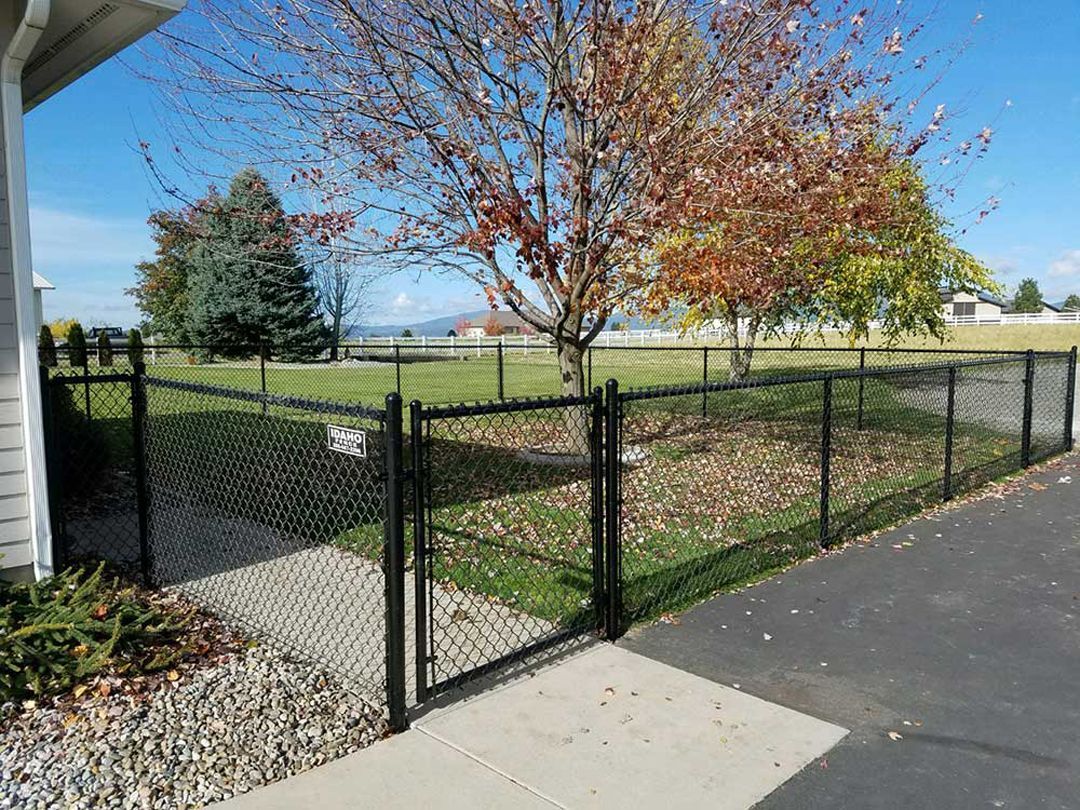Fence upkeep doesn’t always require expert help. With the proper tools and a little know-how, you can manage many standard issues yourself and save on repair costs. Here’s a simple guide to DIY fence care.
The Must-Have Tools for Fence Care
Before you start fixing your fence, be sure to have the proper tools ready. Here’s a list of essential items for handling most DIY fence repairs:
- Hammer – For repairing loose nails or fixing broken boards
- Screwdriver – Great for tightening screws in wooden or metal fences.
- Post Level – Ensures your fence posts stay perfectly vertical
- Paint or Stain – Protects wooden fences from weathering and enhances longevity
- Wire Cutters – Useful for trimming wire fences or cutting away tangled vines
How to Tackle Common Fence Problems
How to Fix a Loose Fence Board
If you notice a loose or damaged board, fixing it is relatively simple:
- Take out any loose nails or screws with a hammer or screwdriver.
- Reposition the board and fasten it with fresh nails or screws.
- Consider adding a corner bracket or additional reinforcement to ensure stability.
The Right Way to Stain and Seal Your Wooden Fence
Sealing and staining your wooden fence is crucial for protection against the elements and preserving its appearance:
- Begin with a thorough cleaning, ensuring you remove all dirt, debris, and mildew.
- Pick a stain or sealant that is designed for outdoor use.
- Use a brush or sprayer to apply the stain, starting from the top and working your way down.
- Allow it to dry completely before putting the fence back to use.
Knowing Your Limits: When to Seek Help
Some fence issues go beyond DIY repairs. While simple tasks like tightening screws or replacing damaged boards are easy, complex problems might need expert attention:
- Major structural issues, like leaning posts or a sagging fence.
- Electric fences or high-security fences require specialized knowledge and should be handled by experts.
- Severe weather damage that could threaten the structural integrity of your fence.
When in doubt, it’s best to call a professional. It will save you time, money, and avoid any unnecessary stress.
